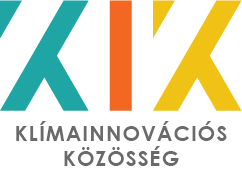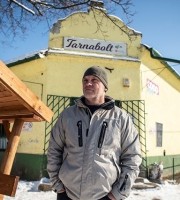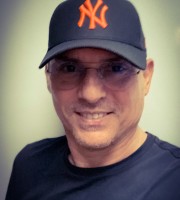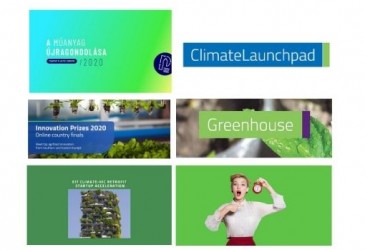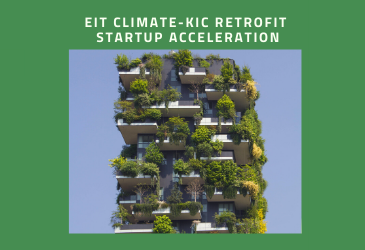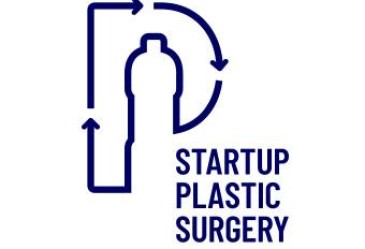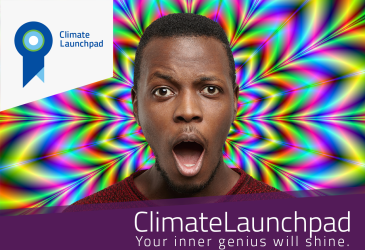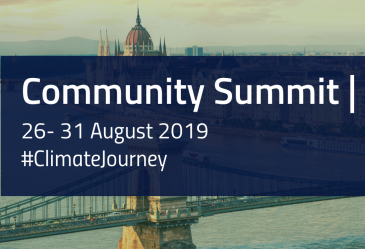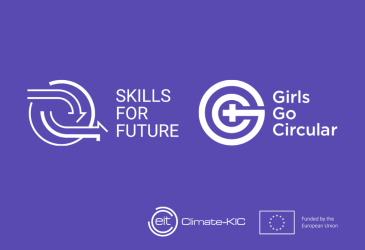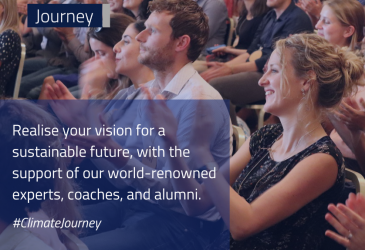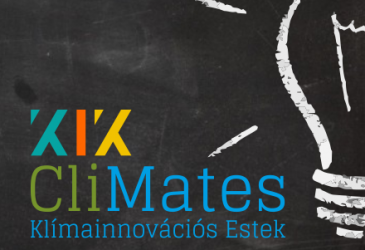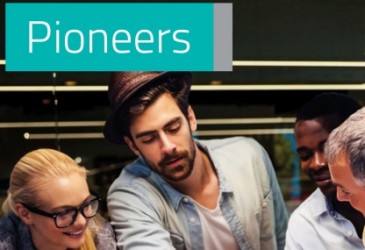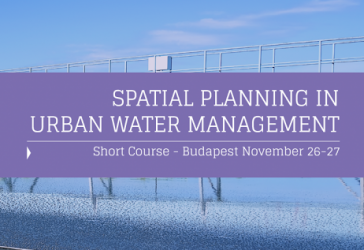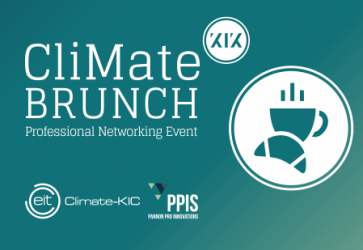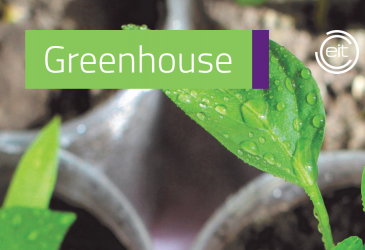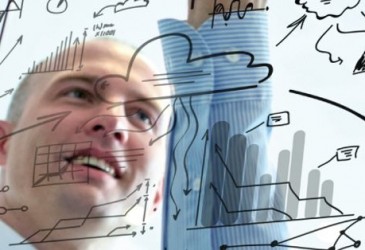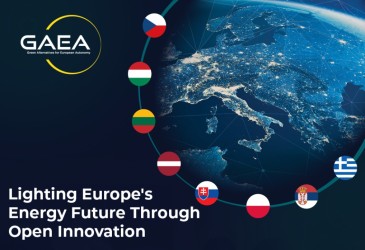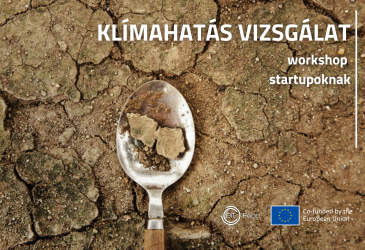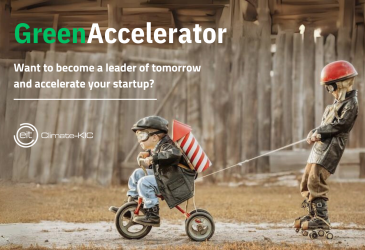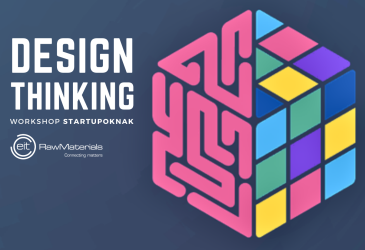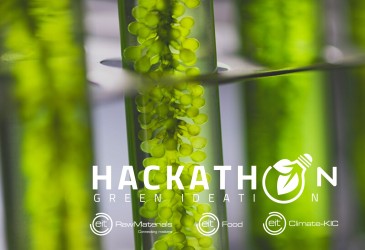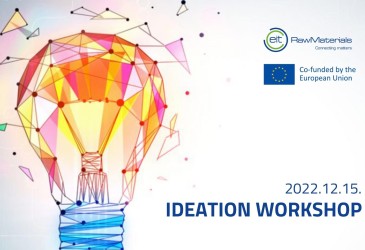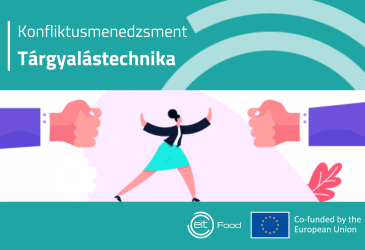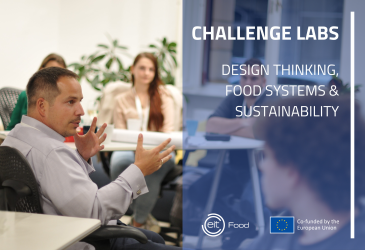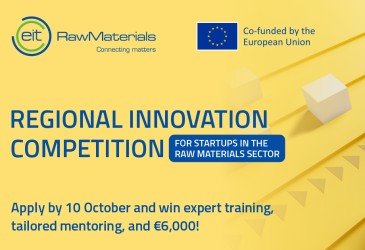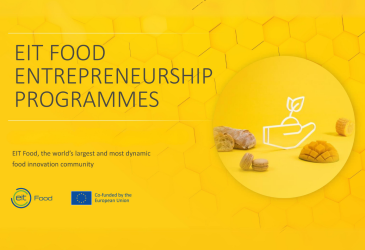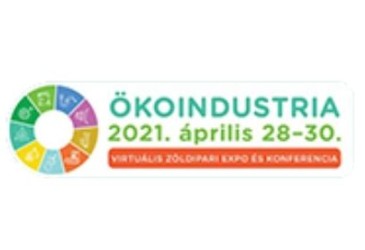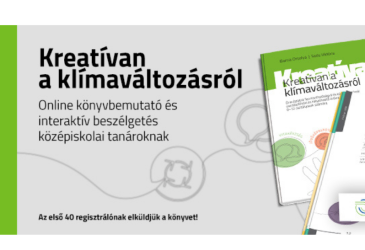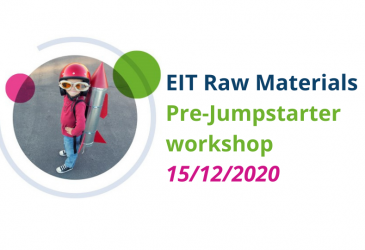
Hi, I am Csongor, 27, Civil Engineer at Organica Water.
While working at Organica I have gained hands on experience in sustainable wastewater engineering projects and during the placements I was looking for opportunities to further develop my skills. Mainly I was interested in activities/projects from which I can learn how to design engineering water solutions for a sustainable future, how to integrate these designs, proposals into the "Smart/Sustainable City" projects or chance to transform an industry that has not changed for decades.
Everyone sees the challenges (water scarcity, poverty, climate change) facing the world today, but me and Organica are ready to do something about it. Our mission is to find ways to change the way people think about wastewater forever. When I first saw this program, I thought that this would be a great opportunity to transfer our mission and my knowledge, to enlarge my network.
I have been following the program timeline and I have sent my application form back in February. I have participated on various interviews, resulting with a very good feedback, I have been selected to participate in the program. The program consisted of two one month placement, the first being the domestic and the second the international placement.
The next step was to do the domestic matching, where I have been focusing on project from which I could learn the most. Thus, I have selected the Pannon Pro Innovations Ltd as host, with their ongoing Microalgae Biorefinery 2.0 innovation project.
The main focus of the project was to develop an efficient, robust and scalable technology and business case in order to integrate algae production technology into waste water treatment systems and produce high added value, algae-based products.
The aim of the placement was to help the project to develop a competitive and economic case for waste water treatment plants to adopt algae technology. The findings of the placement was used as input for business model generation using Business Model Canvas that will be continuously updated during the project lifetime. A scalable model was sought that enables uptake of the technology and helps to overcome the barrier of high CAPEX and OPEX of robust and effective algae systems.
During the summer period, the list of international host appeared, where I have found UPV. UPV recently partnered with Pannon Pro Innovations Ltd. who got awarded by Climate-KIC to lead the Microalgae Biorefinery 2.0 (MAB 2.0) innovation project, luckily they were on the international list, thus I have applied to them.
The research group from Universitat Politècnica de València has been working for two decades on the integrated physical, chemical and biological processes that take place in WWTPs, i.e. the biological removal of nutrients, primary sludge fermentation, anaerobic sludge digestion, recovery of phosphorus in the form of struvite, membrane bioreactor (MBR) applications for treating urban wastewater (Aerobic and Anaerobic MBRs), and nutrient recovery from the effluent of Anaerobic MBR systems by microalgae cultivation. These studies have been carried out focussing on process modelling and simulation, as well as control systems development for optimising process operation.
During the one month time spent with the team at UPV, we have succesfully developed a life cycle assesment for the MAB 2.0 project and we have started preparing the PESTEL analysis also. The research groups has also involved me in the process modelling and simulation, which enabled me to have a better understanding on the biological removal of nutrients from the wastewater.
All in all, I have learned during the placements that algae can remove the excess amount of nutrients from the effluent making it possible to discharge to nature while producing biomass applicable to enhance biogas yields or create added value products and revenue streams. In general the sustainability of wastewater treatment industry can be improved by using microalgae for nutrient removal in different phases and streams of wastewater treatment.
The PiP program was not just about the placement for me, it was also meaning national and international workshops and networking events. I have learned a lot about the enviromental challenges for the diffenrent regions within the EU. I had the chance to meet people from different countries, it gave me the possibility to enlarge my network and to transfer our mission.
I believe this experience gave me a better understanding of the wastewater market and it’s needs, I have learned a lot and developed my skills to become a better candidate for Lead Design Engineer in our organization.
